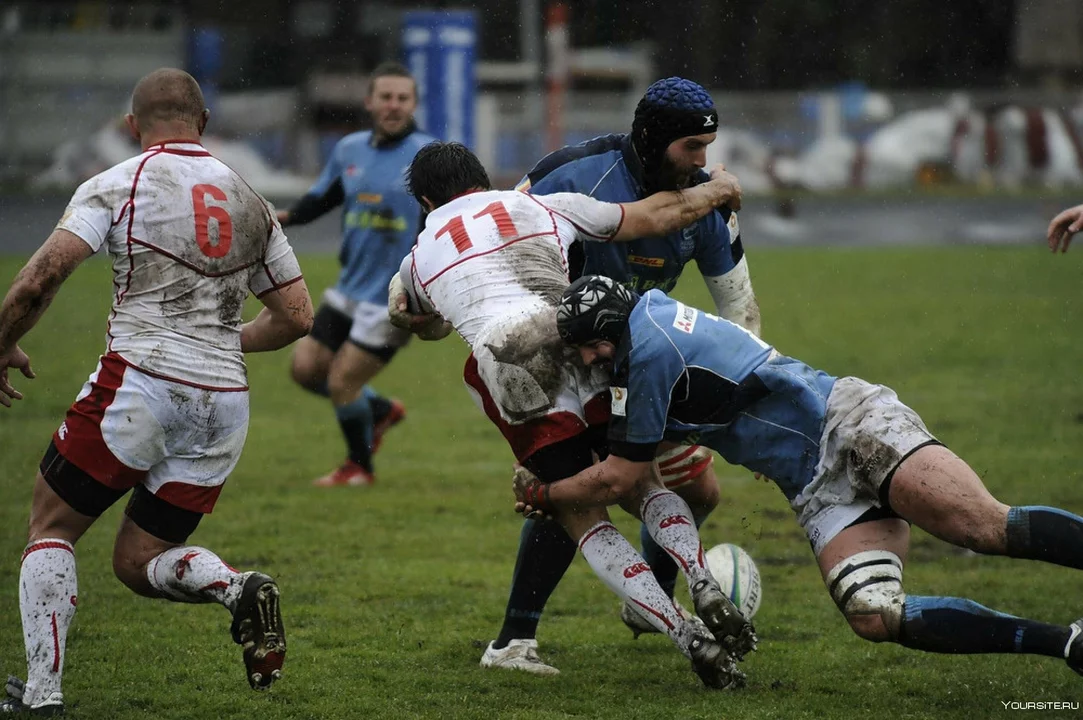As a rugby league fan, I've noticed that the sport often receives a lot of hate. I think one reason people may dislike rugby league is due to the perception that it can be overly violent and dangerous. Additionally, some individuals may feel that rugby league lacks the skill and finesse found in other sports. There's also the issue of negative stereotypes surrounding rugby league fans, which can contribute to the overall disdain for the sport. However, despite these challenges, I believe rugby league is an exciting and dynamic sport that deserves more appreciation.
Sports and Opinions – Why Rugby League Gets a Bad Rap
Ever wonder why rugby league often ends up on the receiving end of harsh comments? You’re not alone. Fans, players, and casual observers all have strong feelings about the sport, and many of those feelings are shaped by misconceptions. In this page we’ll break down the main reasons people dislike rugby league, look at where those ideas come from, and show why the game might be worth a second look.
First off, the “too violent” label sticks fast. Rugby league is a contact sport, sure, but it’s built around controlled aggression. The rules actually limit dangerous play more than many other ball games. Too many people equate hard tackles with reckless behaviour, forgetting that referees penalise high hits and dangerous tackles harshly. When you watch the game with an eye on the rulebook, the sport feels more disciplined than chaotic.
Skill vs. Strength – The Misunderstood Balance
Another complaint is that rugby league lacks the finesse of rugby union or even football. Critics say the game is all about power runs and not enough strategy. The truth is the opposite. Players need precise timing for the “play‑the‑ball” after a tackle, quick decision‑making in open play, and flawless handling under pressure. The speed at which the ball moves demands sharp vision and excellent footwork. If you miss the quick passes, you lose ground fast – that’s a skill test, not a pure brawl.
Fans also point to the perceived lack of variety in set pieces. While rugby union has line‑outs and scrums that last longer, league’s scrums are quick, and the “set‑piece” focus shifts to the tackle count. That change creates a faster paced game, which many fans actually love once they get used to it. It’s a different style, not a lesser one.
Fan Stereotypes and Media Bias
Negative stereotypes about rugby league supporters add another layer of dislike. Some media portray fans as rowdy or overly aggressive, shaping public opinion before anyone even watches a match. In reality, league supporters are as diverse as any other sports crowd – families at local clubs, university students, and community groups. The Linlithgow Rugby Club, for instance, welcomes fans of every background, and the community vibe is friendly and supportive.
When a sport gets a bad label, it’s easy for newcomers to take that at face value. Social media amplifies the strongest opinions, so a single nasty video can spread faster than a highlight reel of brilliant play. That’s why it helps to dig deeper, watch a full game, and see the skill, camaraderie, and excitement for yourself.
So, what can you do if you want to give rugby league a fair chance? Start by watching a live match or a replay with the commentary turned on – the explanations help demystify the rules. Join a local club’s fan night or attend an open training session; feeling the energy up close often flips the “hate” switch to “interest.” And if you’re already a fan, share what you love about the sport on your socials. Positive stories push back against the blanket negativity.
At the end of the day, rugby league isn’t about proving it’s the toughest sport; it’s about teamwork, speed, and tactical play. The criticism it faces often comes from a lack of understanding rather than any real flaw. By looking past the headlines and seeing the game for what it is, you’ll find a sport that thrills, challenges, and welcomes anyone willing to give it a try.
Got thoughts on rugby league or other sports topics? Drop a comment below or join the conversation at Linlithgow Rugby Club. Your voice adds to the mix, and together we can shape a more balanced view of the games we love.
